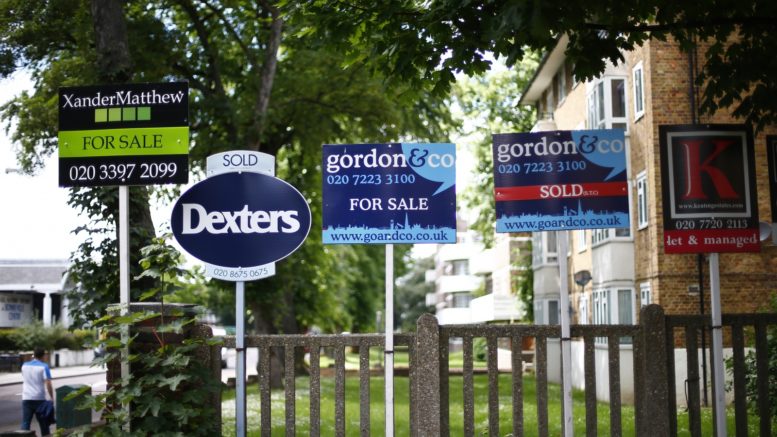A shortage of rental homes is set to undermine the political parties’ plans to reform the rental market, warns the National Residential Landlords Association (NRLA). The Conservative, Labour, Liberal Democrat, and Green parties all propose ending section 21 repossessions, but the NRLA argues that this fails to address the core issue facing tenants: a chronic shortage of rental properties.
Rising Demand and Limited Supply
Recent research highlights the stark reality facing renters, with an average of 15 people vying for each available property. This intense competition has driven up rents across the market. The Royal Institution of Chartered Surveyors describes a “huge mismatch” between supply and demand, with renters facing “ever-rising living costs and plummeting affordability levels.”
NRLA’s Call for Government Action
The NRLA insists that bold measures are needed from the next government to prevent further deterioration of the situation for tenants. According to Savills, up to one million new rental homes will be required in England and Wales by 2031 to meet the growing demand. Ben Beadle, chief executive of the NRLA, criticises the lack of effective solutions, stating, “Renters are being let down by a repeated failure to address the rental housing supply crisis.”
Economic Impacts and Potential Solutions
Uncertainty over sector regulation, coupled with rising costs, are primary drivers of the supply crisis. Since 2015, tax increases have stunted market growth and pushed rents higher. The NRLA calls for a clear regulatory framework, emphasising the need for robust grounds for possession and a swift system for handling legitimate landlord claims. Shadow housing minister Matthew Pennycook supports this, asserting that landlords need reliable mechanisms to reclaim properties in valid circumstances.
Research by Capital Economics suggests that removing the three per cent stamp duty levy on additional home purchases could lead to nearly 900,000 new long-term rental homes over the next decade, potentially boosting Treasury revenues by £10 billion through increased tax receipts. The NRLA also advocates scrapping the stamp duty levy for landlords who revitalise long-term empty homes, adding much-needed supply to the market.
The NRLA stresses that while enhancing tenant security is vital, it must be accompanied by efforts to increase the availability of rental homes. Beadle concludes, “Greater security for renters will mean nothing if they cannot find homes to rent in the first place.” The association remains committed to working with the next government to develop solutions that benefit the entire sector.








